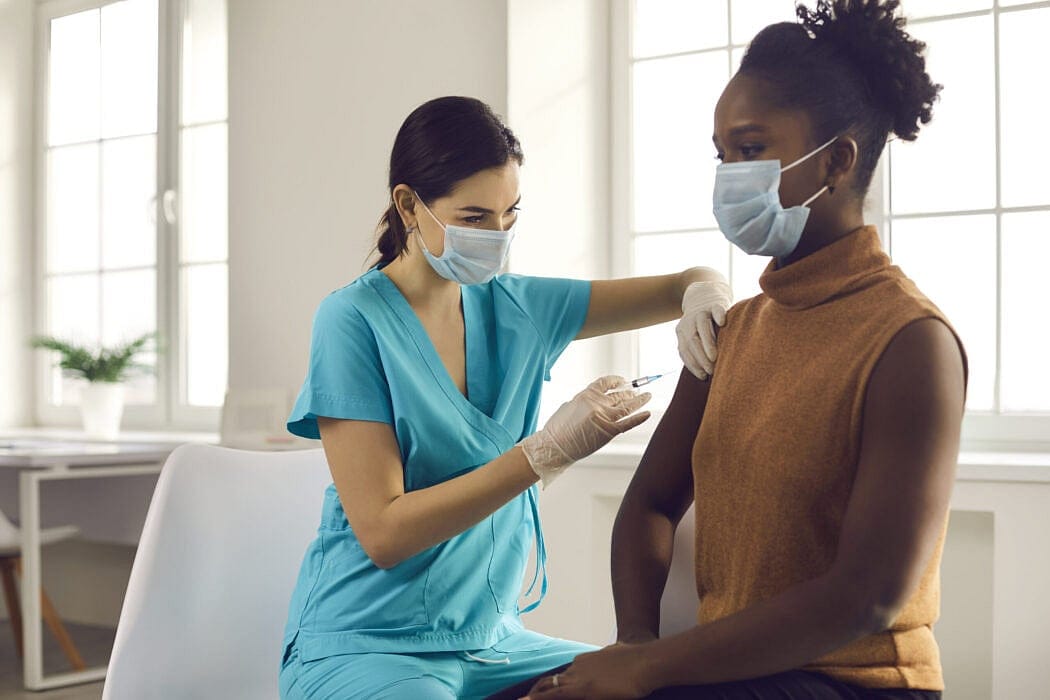News

Feds Approve Second Coronavirus Booster For 50 And Up, Immunocompromised

By Chris Lisinski
State House News Service

